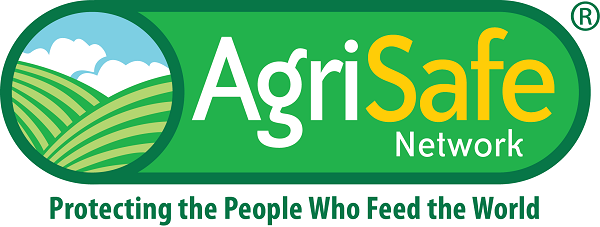AgriSafe Learning
Combating Heat and Cold Stress for Forestry Workers
Recorded On: 04/24/2024
-
Register
- Non-member - Free!
- Member - Free!
Summary: Forestry workers may be subject to extreme heat and cold. Working outdoors makes people more likely to become dehydrated and experience heat-related illness or heat stress. High temperatures reduce work capacity and may lead to heat stress and dehydration. Although exposure to heat stress is preventable, thousands become sick from occupational heat exposure every year, and some cases are fatal. Similarly, cold weather can reduce dexterity, blood flow, muscle strength, and balance. Hypothermia, frostbite, trench foot, and chilblains are all illnesses and injuries caused by cold stress. However, forestry workers can avoid heat-related illness and cold stress with proper information and preventative action. This presentation will explore both weather-related conditions and their impact on outdoor workers.
Intended Audience: This course is intended for workers in forestry and logging, including fallers, first-line supervisors/managers of forestry workers, logging equipment operators, sawing machine setters, operators and tenders, and truck drivers.
Objectives: After the training, participants will be able to…
- Define Heat Stress, Cold Stress, and their related conditions.
- Identify vulnerable populations and critical warning signs for interventions.
- Share essential resources for Workplace Safety Practices.
This material was produced under grant #SH-000099-SH3 from the Occupational Safety and Health Administration, U.S. Department of Labor. It does not necessarily reflect the views or policies of the U.S. Department of Labor, nor does mention of trade names, commercial products, or organizations imply endorsement by the U.S. Government.
Karen Rehm
Total Farmer Health Coach
AgriSafe Network
Karen has been actively involved in the evolution of worksite wellness and safety since Richard Simmons and Jane Fonda-bringing more than 25 years’ experience to the AgriSafe Network team. Karen has had the pleasure of working with businesses and organizations across the State of Nebraska, serving both urban and rural communities. Ms. Rehm specializes in developing and implementing educational programs designed to increase worksite safety, reduce work-related injuries and improve the quality of life for business owners, employees and their families. Karen has been married for 36 years, has two grown children Lauren and Will and two grandchildren, Kennady and Rex. You will find Karen and her husband Gerry cheering on the Huskers, fishing in Minnesota and celebrating with family and friends.
Key:
| Access Date | Quiz Result | Score | Actions |
|---|
Quick Search
Technical Difficulties
Submit a help ticket if you need technical assistance.
Having Computer Issues? Please check your internet browser and security settings to allow permissions for this website. Browsers: Microsoft Edge version 40 or higher; Chrome version 60 or higher, Firefox version 50 or higher; or Safari version 10.1 or higher. We recommend using Google Chrome or Firefox as your browser.
